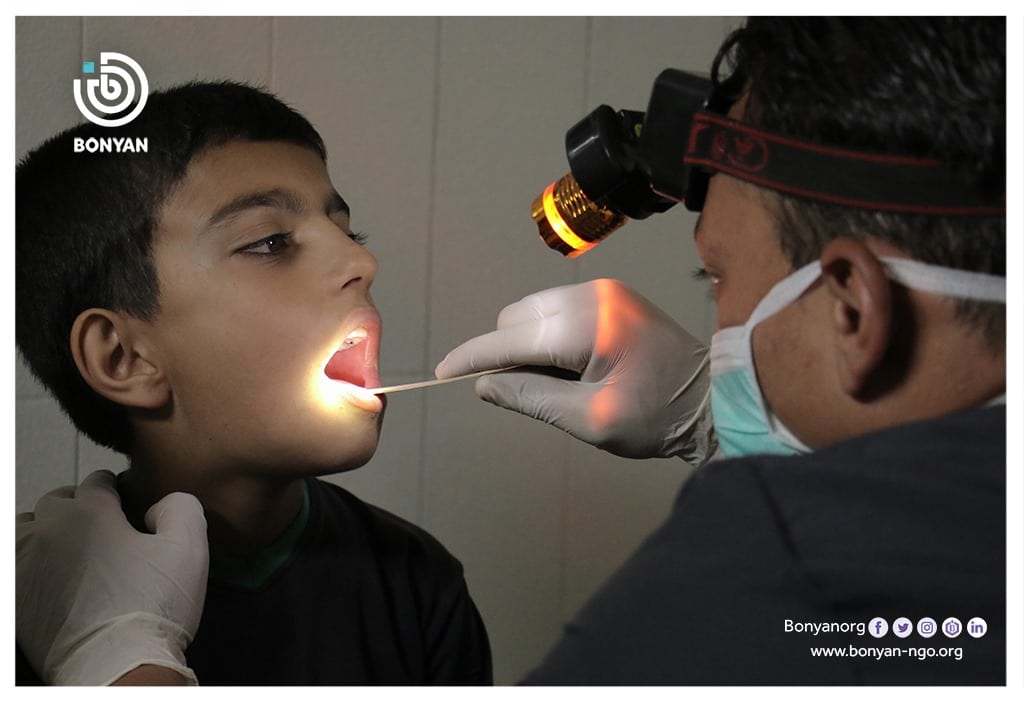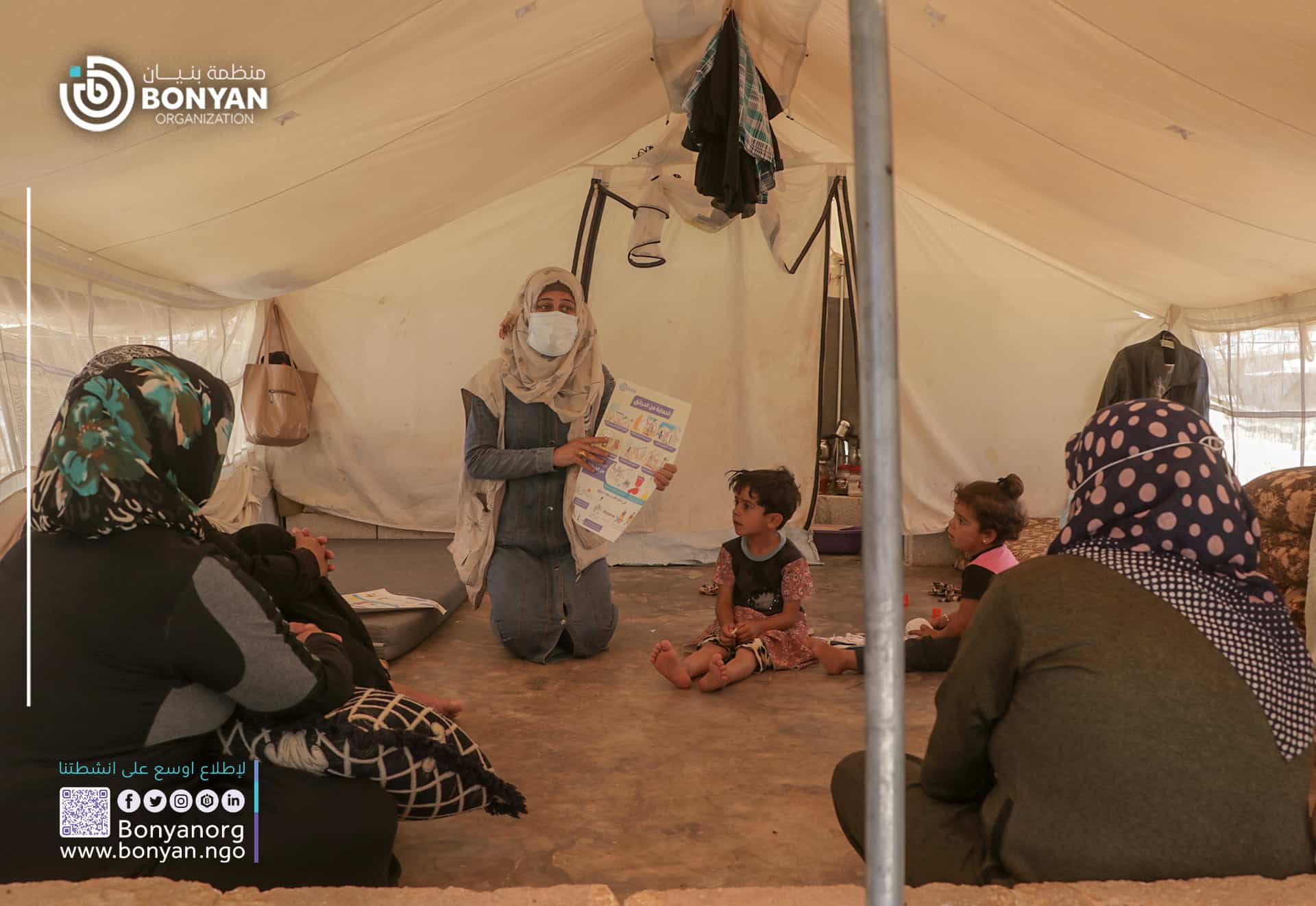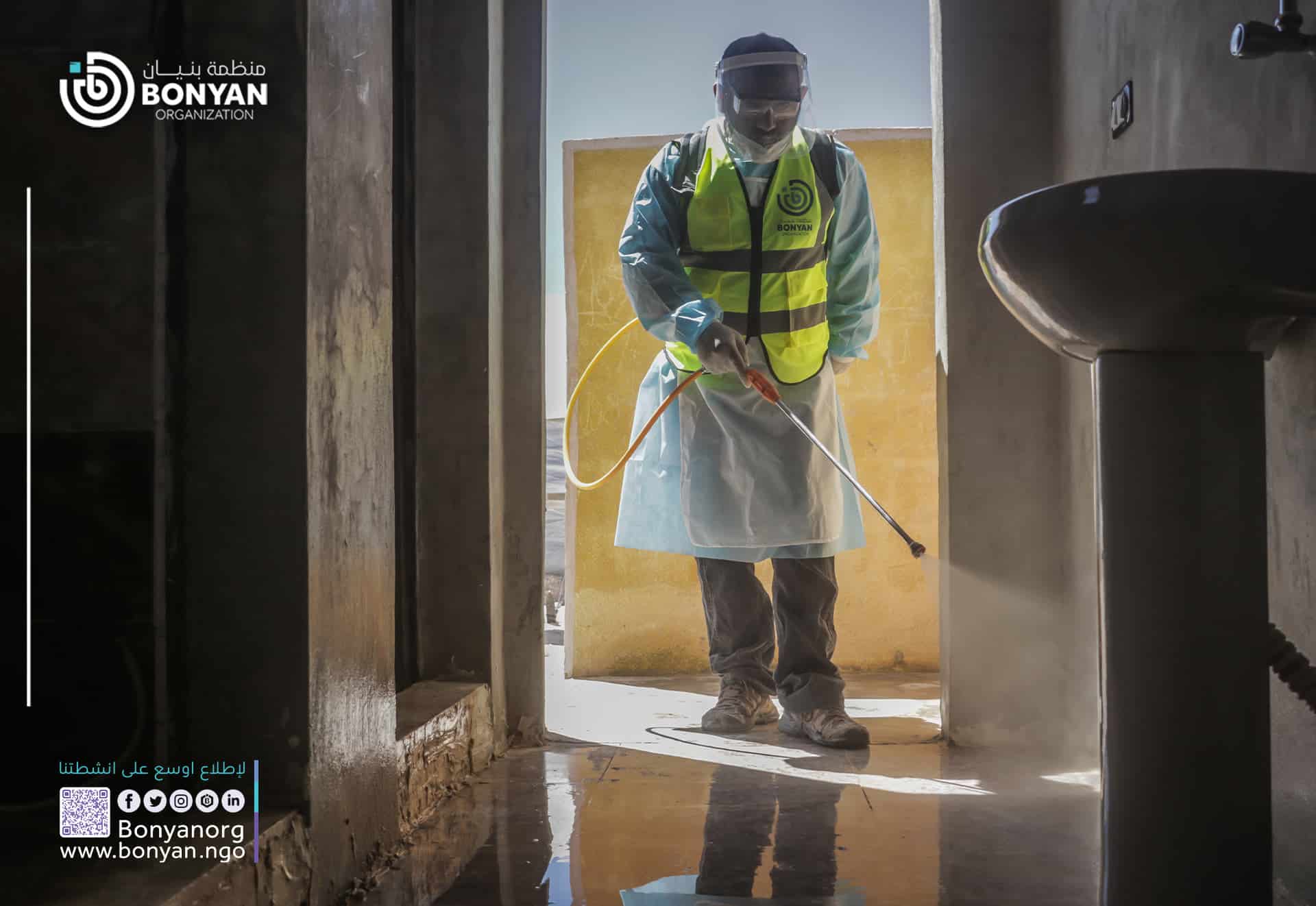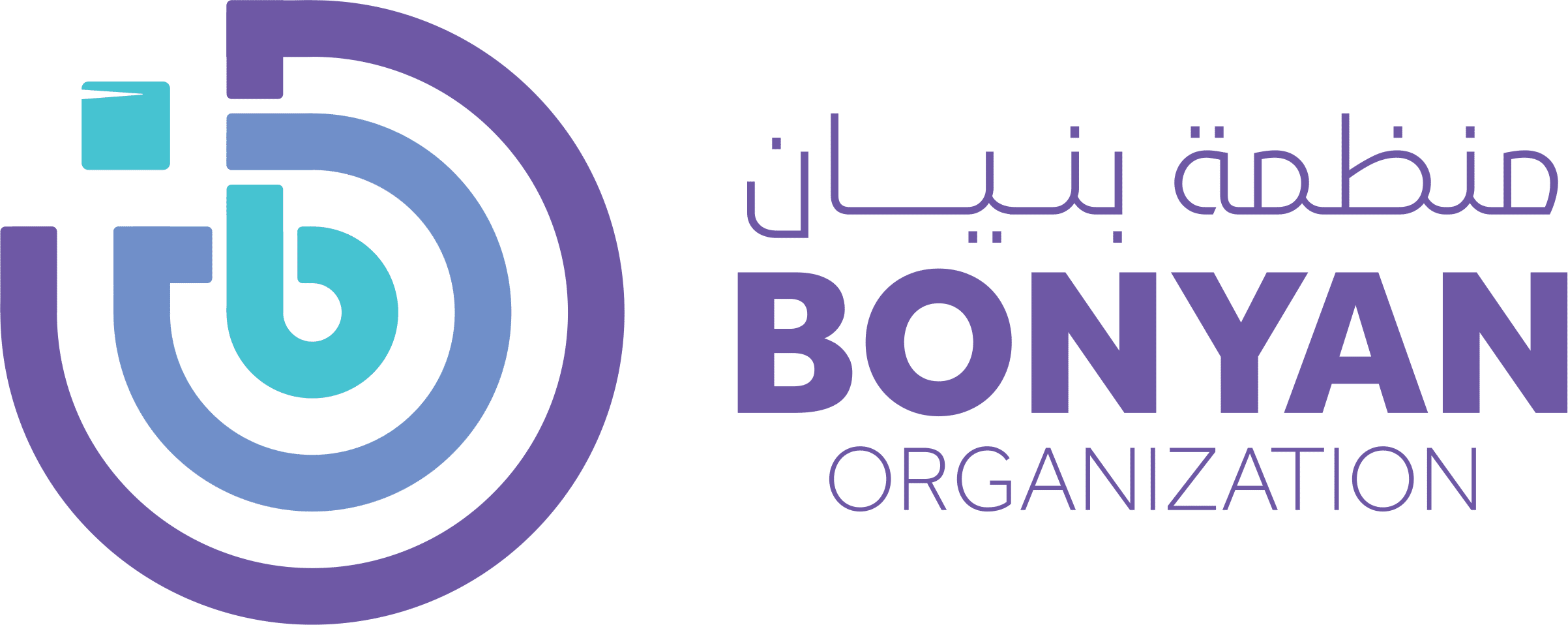Barriers to Healthcare in Refugee Camps
Healthcare is a fundamental right for all people, including refugees. Under the 1951 Convention Relating to the Status of Refugees, refugees must have access to health care services similar or similar to those of the host population.
But refugees face many barriers in the health sector, which are:
Financial Barriers
Refugees don’t have enough Healthcare due to the shortage of clinics and medical points, although they cannot create a healthcare sector because of financial barriers.
Refugees don’t take enough money to open healthcare sectors by themselves, so the responsibility is on the organizations helping by building and creating camps for them.

Structural Barriers
As for the structural barriers, there are not enough medical staff in camps that helps to open medical points.
As for structural barriers, there are many missing points like;
- Not enough medical staff.
- Not enough medical points (Clinic, hospital. etc.)
- Medical places could be far away from the camp.
- Transporting outside the camp to get to the medical point.
- There is a long time waiting to get Healthcare because of the lack of medical staff.
- Crowded medical centers make people’s appointments very late.
Camp Clinics

Some camps may have their own clinics, but they have simple possibilities, so they can’t handle critical situations.
Emergency Cases
In emergency cases, clinics on camps can do the first aid until the patient can go to the hospital or another medical point, offering him better Healthcare.
Non-Infectious Chronic Illness
Medical points may suffer from a shortage of medicines for non-infectious chronic illnesses like…
- Diabetes.
- Blood pressure diseases.
- Heart diseases.
- Arthritis.
- Respiratory infections and more
Infectious Diseases
Infection diseases can be transmitted through the air or by using ill person stuff.
In camps, there is no privacy for people, so they have to be with many people in a small place, making the diseases spread quickly among people.
Moreover, the living conditions are difficult. They can’t have clean water or healthy food all the time, which makes the diseases more common.
The Vaccination
During the pandemic of Covid-19, it was prevalent in camps because of the overpopulation. People needed the Covid vaccination as fast as it came.
Vaccination wasn’t available for all people who lived in the camp. It was only for a few people, and it also wasn’t available in all camps, so it was limited to people who lived in specific camps.

Healthcare-Associated Infections
Modern Healthcare employs many types of invasive devices and procedures to treat patients and help them recover. Infections can be associated with the devices used in medical systems, such as catheters or ventilators.
These healthcare-associated infections include central line-associated bloodstream infections, catheter-associated urinary tract infections, and ventilator-associated pneumonia. Infections may also occur at surgery sites, known as surgical site infections.
Refugee Health Service
Refugees need a health service system that helps them to be safe and free of disease, some of the sectors that need more care in health services;
Healthcare for Children
Children need the most healthcare service because they are more susceptible to infectious diseases and weak immunity.
Healthcare for Women
Healthcare for women is definitely necessary because they are with their children and may transmit the infection to the children.

Healthcare for Immigrants
Immigrants don’t live in camps because their transitions are of their choice, so they have the country’s healthcare service, but it may differ from the original country’s citizenship.
Refugee Medical Assistance
Refugees who are living in camps need all kinds of medical assistance because of the lack of…
- Clinics.
- Medical Points.
- Medicine.
- Medical Staff.
- Medical Equipment.
The Importance of Lifting the Efficiency of Clinics in the Camps
It is essential and necessary to lift the efficiency of clinics in the camps.
There isn’t enough medical staff and advanced medical clinics.
Medical sections in camps need us to be more careful about the people who live in camps.
Read More:
- Mobile Clinics, Reaching Hard-To-Reach Areas
- Ways To Help The Poor And Needy
- Psychosocial Support For Refugees
- Zakat On Minerals And Treasures
FAQ
Do Syrian Refugees Have Access to Healthcare?
Yes, they can access healthcare.
How Can Refugee Camps Improve Health Conditions?
Abandon the idea of a refugee camp as a transitory space and instead invest in making the camps into lasting settlements with the necessary services and amenities.
What Health Issues Might Arise from Being a Refugee?
– Infectious Diseases.
– Chronic Illnesses.
-Mental Health.
Why is it Hard for Refugees to get Healthcare?
There are not enough medical staff and clinics.
How are Refugees Treated in Refugee Camps?
In general, refugees are not treated as well as they are supposed to be. However, some countries choose to put a specific set of rules on how refugees are treated.
How Many Refugees Live in Refugee Camps?
Turkey has been host to the world’s largest refugee population since 2014. There are 3.6 million Syrians under temporary protection and over 330,000 refugees and asylum seekers under international protection.
Do Asylum Seekers Get Free Healthcare?
Asylum seekers with an active application or appeal are fully entitled to free Healthcare.
Content
- Barriers to Healthcare in Refugee Camps
- Camp Clinics
- Refugee Health Service
- Refugee Medical Assistance
- The Importance of Lifting the Efficiency of Clinics in the Camps
-
FAQ
- Do Syrian Refugees Have Access to Healthcare?
- How Can Refugee Camps Improve Health Conditions?
- What Health Issues Might Arise from Being a Refugee?
- Why is it Hard for Refugees to get Healthcare?
- How are Refugees Treated in Refugee Camps?
- How Many Refugees Live in Refugee Camps?
- Do Asylum Seekers Get Free Healthcare?



